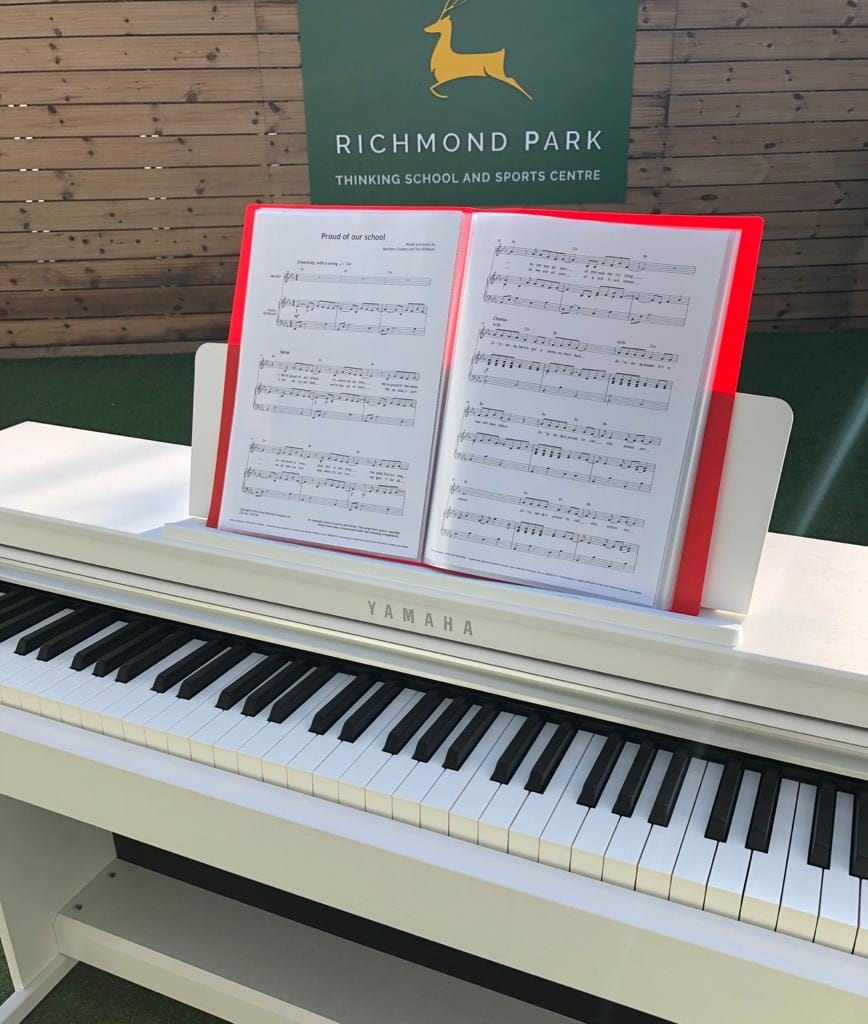
At Richmond Park School we deeply believe that music plays a major role in peoples’ lives, especially when they are children. It is always there in the most significant moments, whether we are professional or very able musicians or not.
There is also significant scientific research which confirms the key contribution that music education brings to pupils’ development. The following paragraphs give us an idea of their results.
Why teach music to children?
Musical activity involves nearly every region of the brain we know about and nearly every neural subsystem.
- one part of our brain decodes pitch and tempo
- another part taps into memory and emotion
- to play an instrument your brain has to figure out what to do with your hands while yet another part is used to read notes off the page (concentration, coordination, synchronisation)
- when you listen to music (with some understanding) you have to pay attention and use your memory to link the sounds that happened earlier to the ones that will come (based on our previous experiences as part of a particular culture)
In short, we shall be developing the following skills:
decodification, emotion, memory, concentration, synchronisation, coordination, attention
How music education enhances pupil’s understanding of non-musical subjects?
Certain areas of musical training are tied to specific elements of academic study. This is called transfer of tasks which share cognitive processes:
- children who take music lessons will perform better in certain kinds of tests, especially linked to reading and concentration
- there is a correlation between rhythm instruction and spatial-temporal reasoning, as rhythm emphasises proportions, patterns, fractions and ratios which are also expressed as mathematical relations.
And most of all…
- practising music reinforces teamwork, communication skills, self-discipline and creativity
- it develops self-esteem
- it brings social benefits. Music is a way to make friends. By increasing their music skills and their levels of understanding music, pupils start to be aware of, and use, different channels of communication that connect them with the community
- music can be an extremely effective tool in stress management (in Aristotle’s words: “When one listens to music that imitates a certain passion, one becomes imbued with the same passion”)
What is our subject about in primary school?
Our objective is to develop children’s interest, curiosity and passion for music.
Children will experience a variety of activities that will lead them to:
- use specific vocabulary
- extend their listening skills
- express themselves musically by singing and playing rhythmic and melodic instruments
- create rhythms/melodies/songs or pieces of music
- share all of this in community events.
…AND MAY THE MUSIC BRING US TOGETHER!
Marcela Fernández Lajús
Music Leader